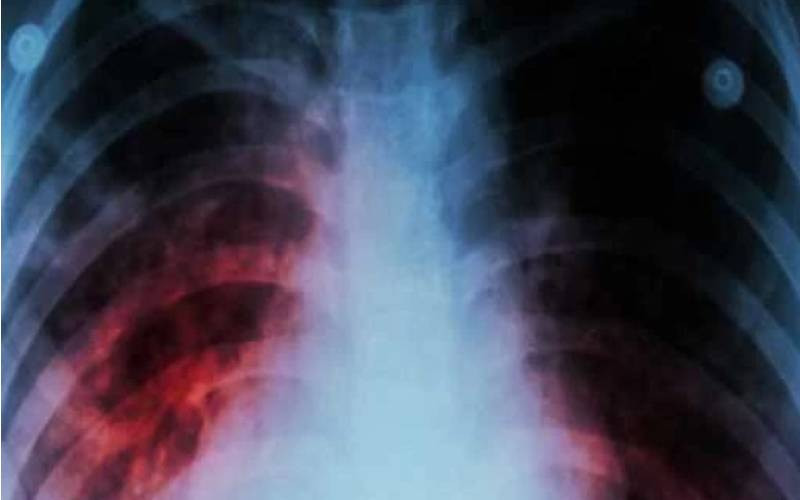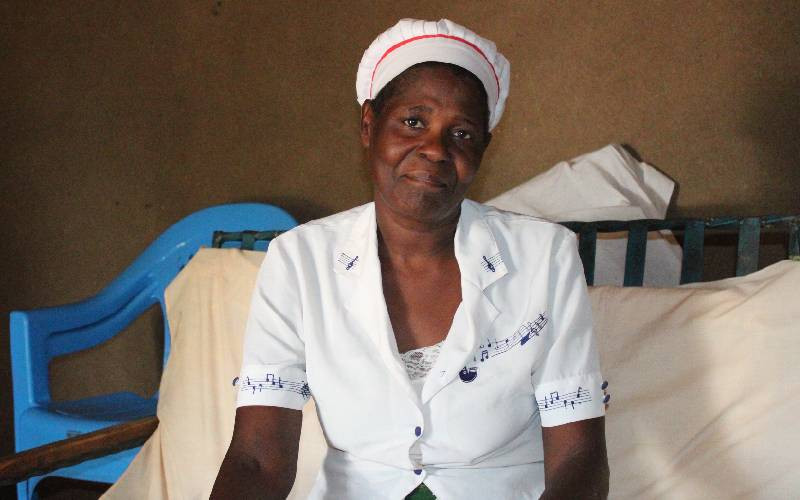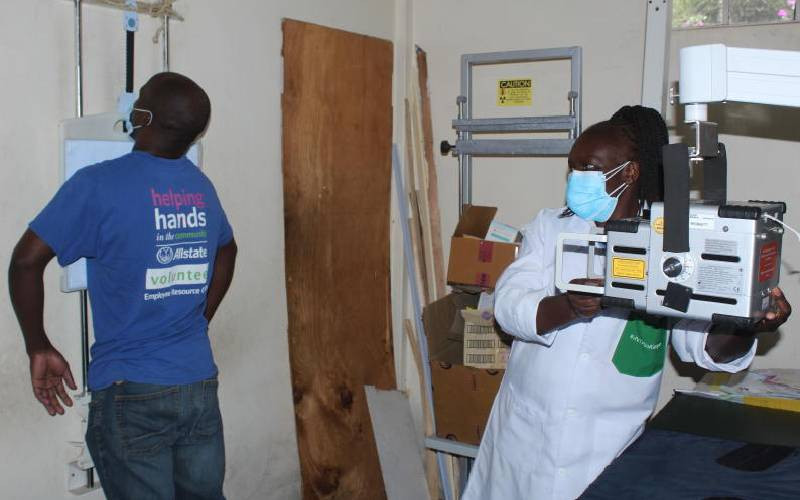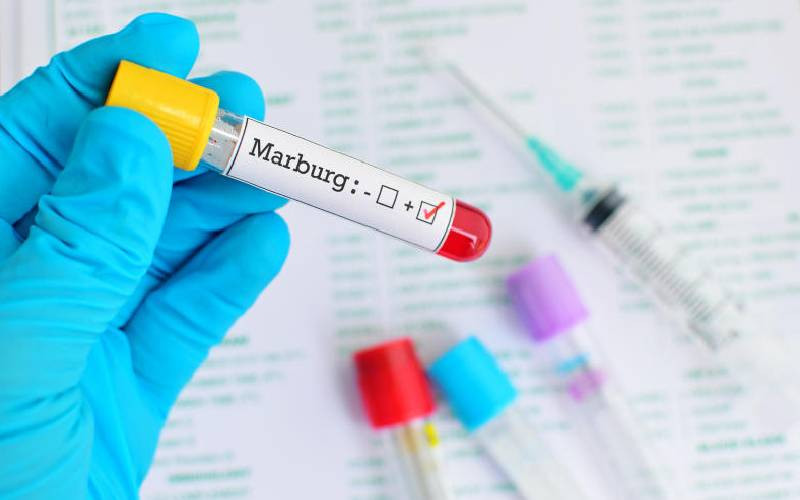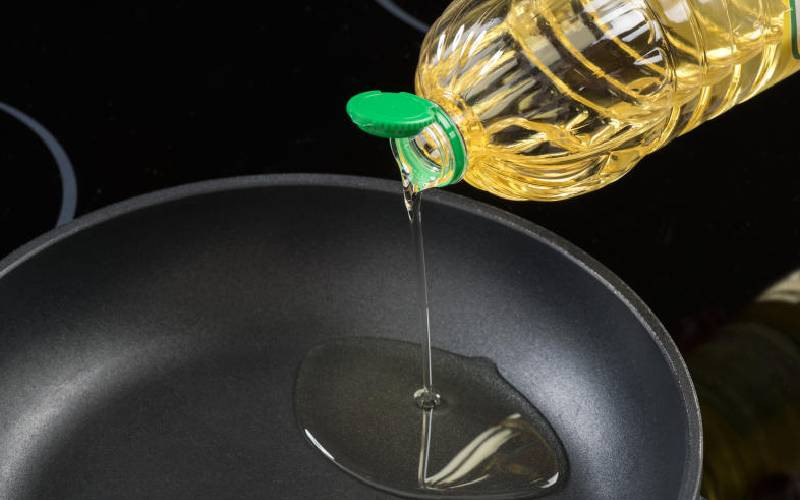
The government is considering the introduction of high taxation on unhealthy foods.
Through the Health Ministry, the government says such strict regulatory measures on the sale and marketing of these foods will play a key role in reducing the prevalence of non-communicable diseases.
A top official at the ministry hinted to the Standard that the process of drafting the regulations has already begun, with stakeholder engagement on impact assessment underway.
According to the source, the proposed regulations could include, but not be limited to, higher taxation of its sale and marketing or a hefty fine for non-compliance.
"We are currently developing three regulations, including regulations on the sale and marketing of unhealthy foods. These edibles are the leading cause of lifestyle diseases," the source said, adding, “This move is aimed at reducing NCDs by stopping more people from getting sick and halting more patients. It will help us reduce the money we spend on NCD treatment.”
These include foods that have excess fats, sodium and sugar, such as confectionery, pastries, cereals and cereal products, ready-to-eat snacks, some non-alcoholic drinks, sauces and dips, dairy products, composite, butter and spreads, as well as meat, fish and poultry products.
These, the experts say, are the leading causes of non-communicable diseases such as diabetes, obesity, hypertension, and cancer, among others.
- Epidemic in slow motion: Experts sound alarm over rise in NCDs deaths
- Majority of Kenyans suffering from undetected diseases, experts warn
- Tax junk foods to tackle NCDs rise, experts urge State
- Kenya faces shortage of physicians as NCD among kids in Nairobi rise, experts say
Keep Reading
Currently, there is a government allocation of Sh8 billion towards the Emergencies, Chronic and Critical Illness Fund, which includes funding for early diagnosis and management of cancer and other chronic conditions.
This complements SHA's budget and efforts in NCD treatment.
Months ago, Nandi MP Bernard Kitur tabled a Bill seeking to introduce a Health Promotion Levy targeting sugar-sweetened beverages.
The proposed levy aims to reduce sugar consumption, encourage healthier product reformulation, and generate revenue to support public health programs, such as school feeding schemes and combating non-communicable diseases like diabetes.
Kitur proposed a tax on sugar-sweetened beverages at Sh1 per gram of sugar per 100ml above a base threshold of 4 grams for locally made drinks, and Sh2 per gram per 100ml for imported drinks.
It also proposed exemptions for 100 per cent fruit juices with no added sugar, dairy-based drinks with at least 75 per cent milk content, and products meant for export.
In turn, the revenue generated would be ring-fenced to support public health initiatives, including school feeding programs and health campaigns.
If passed, the Kenya Revenue Authority would be mandated to collect the levy, while the Kenya Bureau of Standards would verify product compliance.
However, the Bill was widely criticised for introducing additional taxes.
 The Standard Group Plc is a multi-media organization with investments in media
platforms spanning newspaper print
operations, television, radio broadcasting, digital and online services. The
Standard Group is recognized as a
leading multi-media house in Kenya with a key influence in matters of national
and international interest.
The Standard Group Plc is a multi-media organization with investments in media
platforms spanning newspaper print
operations, television, radio broadcasting, digital and online services. The
Standard Group is recognized as a
leading multi-media house in Kenya with a key influence in matters of national
and international interest.



